The 9th Symposium on Frequency Standards and Metrology
Kingscliff, NSW, Australia. 16-20 October 2023
Welcome
The 9th Symposium on Frequency Standards and Metrology will be held at the Mantra on Salt Beach Resort, Kingscliff, NSW, Australia, 16-20 October 2023. The symposium is intended to serve as an international discussion forum on precision frequency standards throughout the electromagnetic spectrum, and associated precision and quantum metrology. It focuses on the fundamental scientific aspects of the latest ideas, results, and applications in relation to these frequency standards and measurement techniques. More than Seven years after the last symposium very significant progress has occurred in various associated fields.
Following tradition and by design, the conference will consist of a single series of invited talks (~50) and poster presentations (>100). There will also be a call for contributions, and a few slots for the highest quality contributed presentations in the field will be accepted as invited talks.
According to the tradition of the Symposium, the proceedings will be published.
Sponsors
Confirmed Invited Speakers
Andrei Derevianko, University of Nevada, Reno, USA.
Andrew Ludlow, National Institute of Standards and Technology, Boulder, USA.
Andrey Jarmola, University of California Berkeley, USA.
Andrey Matsko, Jet Propulsion Laboratory, Pasadena, USA.
Anne Amy-Klein, Université Université Sorbonne, Paris Nord, France.
Anne Curtis, National Physical Laboratory, Teddington, London, UK.
Atsushi Yamaguchi, RIKEN, Saitama, Japan
Davide Calonico, Istituto Nazionale di Ricerca Metrologica, Torino, ITALY.
Dmitry Budker, Helmholz Institute, Mainz, Germany.
Ekkehard Peik, Physikalisch-Technische Bundesanstalt, Braunschweig, Germany.
Eric Burt, Jet Propulsion Laboratory, Pasadena, USA.
Eugene Ivanov, The University of Western Australia, Perth, Australia.
Gerard Milburn, The University of Queensland, Brisbane, Australia.
Helen Margolis, National Physical Laboratory, Teddington, London, UK.
Hidetoshi Katori, RIKEN, Saitama, Japan.
Jacques Vanier, University of Montreal, Canada.
James Chin-wen Chou, National Institute of Standards and Technology, Boulder, USA.
Jérôme Lodewyck, LNE-SYRTE Observatoire de Paris.
Jian-Wei Pan, University of Science and Technology of China, Hefei, China.
John Kitching, National Institute of Standards and Technology, Boulder, USA.
Jun Ye, JILA, Boulder Colorado, USA.
Klaus Blaum, Max Planck Institute for Nuclear Physics, Heidelberg, Germany.
Krzysztof Szymaniec, National Physical Laboratory, Teddington, London, UK.
Kurt Gibble, The Pennsylvania State University, USA.
Leo Hollberg, Stanford, USA.
Luigi Cacciapuoti, European Space Agency.
Mark Kasevich, Stanford, USA.
Maxim Goryachev, The University of Western Australia, Perth, Australia.
Michel Abgrall, CNRS-SYRTE Observatoire de Paris.
Murray Barrett, National University of Singapore, Singapore.
Nan Yu, Jet Propulsion Laboratory, Pasadena, USA.
Nils Huntemann, Physikalisch-Technische Bundesanstalt, Braunschweig, Germany.
Noël Dimarcq, Observatoire de la Côte d'Azur, France.
Patrick Gill, National Physical Laboratory, Teddington, London, UK.
Piet Schmidt, Physikalisch-Technische Bundesanstalt, Braunschweig, Germany.
Sascha Schediwy, The University of Western Australia, Perth, Australia.
Scott Papp, National Institute of Standards and Technology, Boulder, USA.
Sébastien Bize, SYRTE Observatoire de Paris.
Tanja Mehlstäubler, Physikalisch-Technische Bundesanstalt, Braunschweig, Germany.
Tanya Zelevinsky, Columbia University, New York City, USA
Tara Fortier, National Institute of Standards and Technology, Boulder, USA.
Tetsuya Ido, National Institute of Information and Communications Technology, Japan.
Thomas Udem, Max Planck Institute of Quantum Optics, Garching, Germany.
Uwe Sterr, Physikalisch-Technische Bundesanstalt, Braunschweig, Germany.
Yanyi Jiang, East China Normal University.
Yao Huang, Chinese Academy of Sciences, China.
Topics
Precision Tests on Fundamental Physics
Precision and Low Noise Signal Generation and Techniques
Molecular, Atomic, Ion and Nuclear Clocks
Time and Frequency Transfer
Precision and Quantum Metrology with Atoms, Photons and Phonons
Miniature, Portable and Space Systems
SI definition, Clocks and Time Scales
Code of Conduct:
The Symposium is dedicated to providing a discrimination- and harassment-free experience for all attendees. All speakers and participants are expected to comply with the EQUS Code of Conduct.
Keynote Speaker
We are pleased to announce that the keynote address will be given by:
Prof. Matthew Bailes
joint winner of The 2023 Shaw Prize in Astronomy
Title: Millisecond Radio Pulsars: Nature's clocks in the sky











